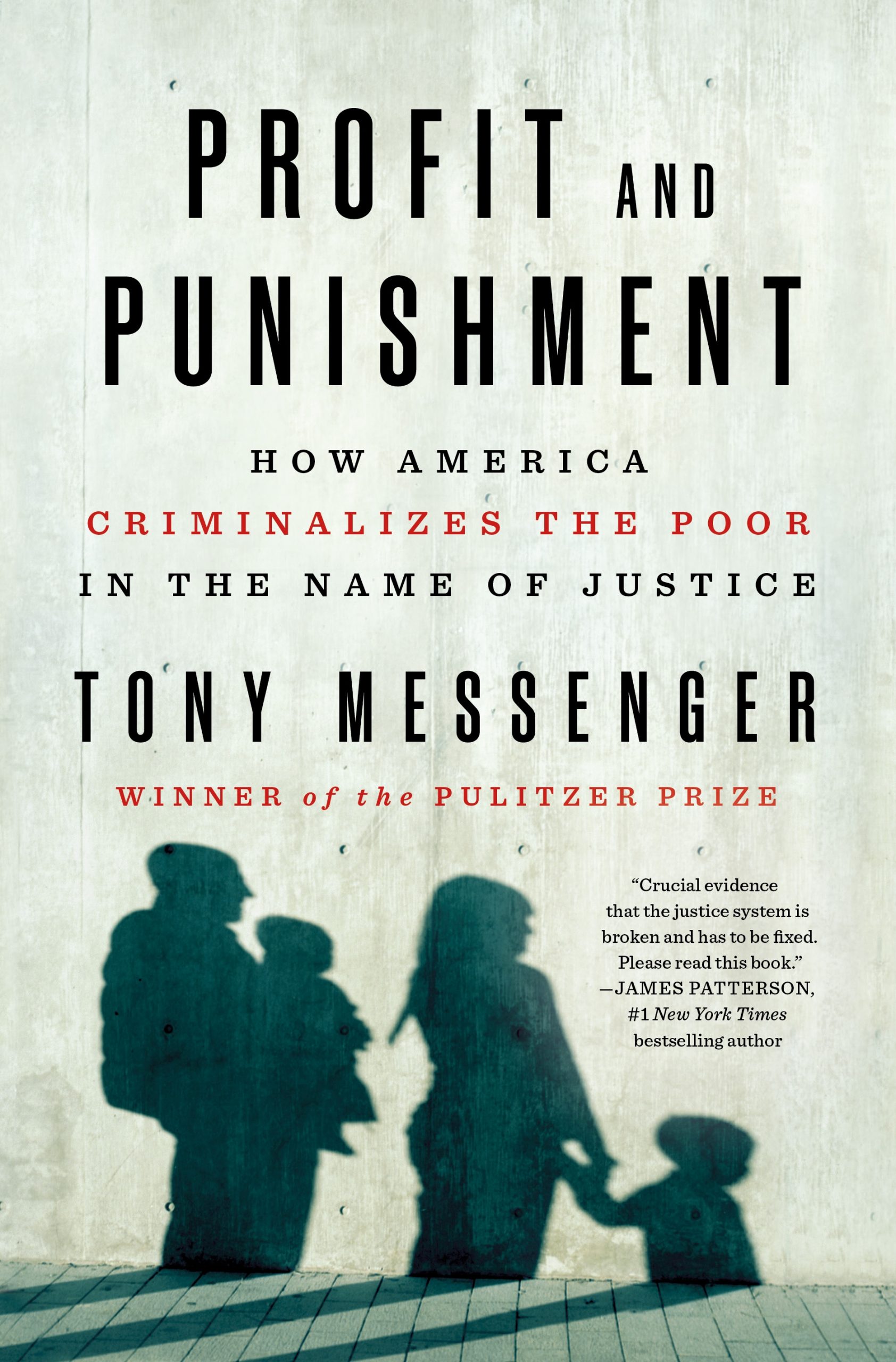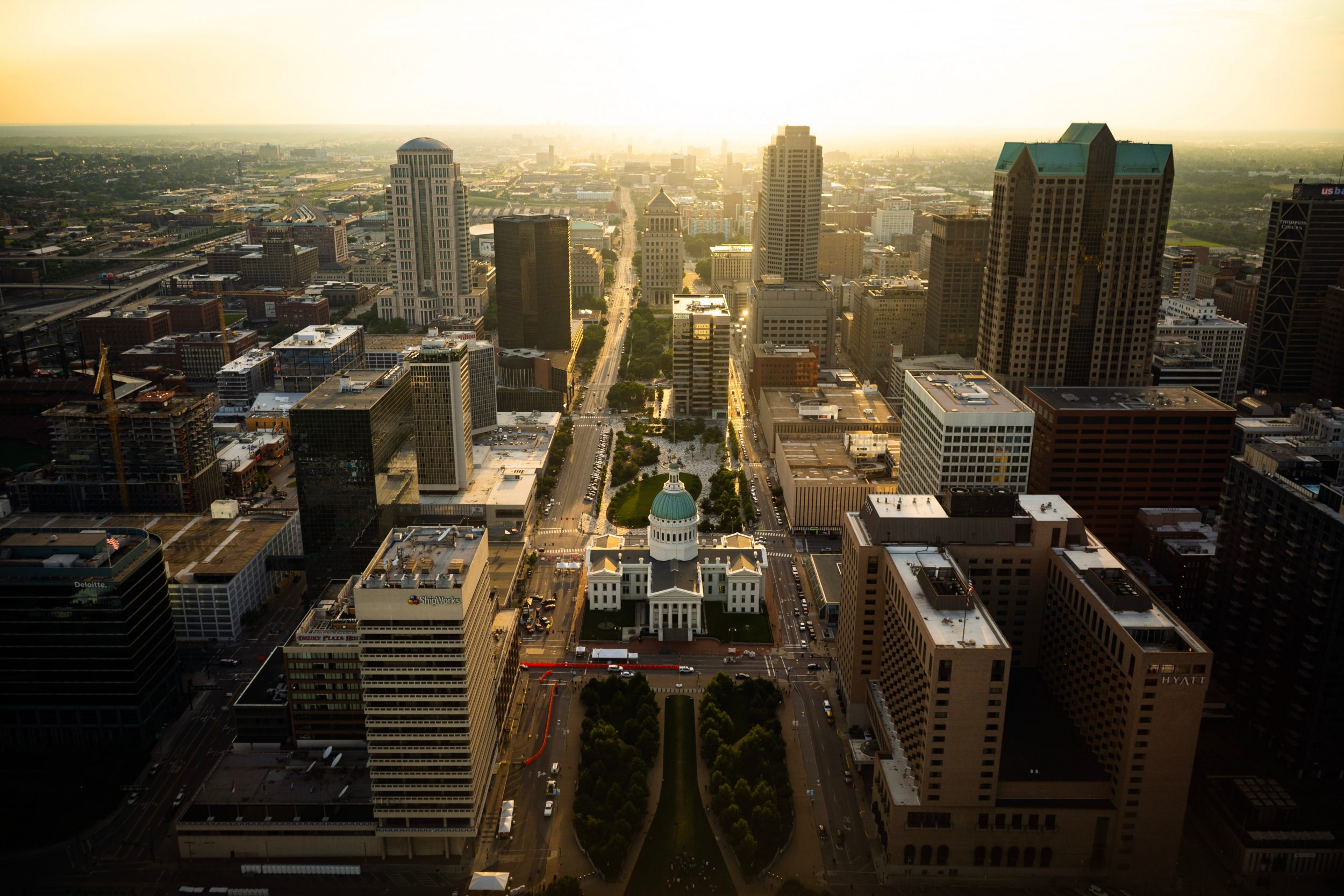I was the only white person on the speaking panel. We were at Harris-Stowe University to discuss turning protest into policy in the aftermath of Black Lives Matter uprisings in St. Louis — first following the death of Michael Brown in 2014, and then after the 2017 verdict clearing a white police officer in the death of a Black motorist.
Tishaura Jones, who would become the city’s first Black, female mayor, was on the panel. So was Bruce Franks, the Ferguson protester who became a state representative. The question for me, as the local metro columnist of the St. Louis Post-Dispatch, was one that threw the traditional concept of objective reporting out the window: Do you consider yourself an ally of the Black Lives Matter movement?
The fact that I was a guest on the panel seemed to suggest an answer. Since Brown’s death, and the rebirth of the civil rights movement on the streets of St. Louis, I had focused my craft — first as an editorial writer, and later as a metro columnist — on using the few inches of space I was given in the newspaper to highlight Black voices, particularly those involved in some capacity in the criminal legal system. Of particular concern were the people caught up in the tangle of municipal courts in St. Louis County, which had increasingly been used by cash-strapped cities as a fundraising source — relying on traffic tickets and other minor offenses as a precursor to apply backdoor taxes to the people who live in those communities. Many of them poor, most of them Black.
In answering the question that day, I demurred. It wasn’t my place to determine whether I was an ally, I said. That was for others to decide. But there was no doubt that as a columnist, I had become an advocate for a cause — whether that cause was opposing police brutality, helping my mostly white readership better understand the Black Lives Matter movement, or simply raising the profile of people living in poverty who often are kept in their financial state by government systems that oppress them. In these and other stories, I was taking a stance — and hoping the public, policymakers, and even the courts in Missouri would take notice. And they did.
Journalism that advocates for a position, sometimes in strongly worded terms, may seem anathema these days, but this tradition is as old as the republic. And there’s no telling what might have happened to the antislavery movement had a thriving, abolitionist press not boldly advocated for freedom and the end of human enslavement. Today, for readers’ sake, there may be a wall separating news reporters and opinion journalists in many newsrooms. But this wall, for all its formalities, doesn’t preclude a journalist-advocate from bearing witness to state-sanctioned human suffering and then taking the additional step of bidding others do something about it. To advocate for freedom.
Today, for readers’ sake, there may be a wall separating news reporters and opinion journalists in many newsrooms. But this wall, for all its formalities, doesn’t preclude a journalist-advocate from bearing witness to state-sanctioned human suffering and then taking the additional step of bidding others do something about it. To advocate for freedom.
For a columnist, advocating for a position doesn’t have to involve the use of the first person. It can be accomplished through simple framing. Whose story do I want to tell? In the past few years, as I’ve spent an increasing amount of time focused on the criminalization of poverty by the judicial system, that’s a question I ask frequently. And my answer is nearly always the defendant in a criminal case. Those are the stories I want to tell — the voices I want to elevate. Because more often than not, they are the voices muffled by the louder ones emanating from police unions or prosecutors or the “tough on crime” crowd. They are the lives trampled by a system that uses “innocent until proven guilty” as a social media meme as compared to a bedrock principle of justice.
In December, after deadly tornadoes swept through the Midwest, there was an example of how framing can make a difference in how a story, even one fairly and objectively reported, can be perceived. Dozens of publications, from The Wall Street Journal to NBC News to The New York Times, focused on the death of a county jailer in the tornado that destroyed a candle factory in Mayfield, Kentucky. Hailing the jailer as a hero — and by all accounts he was, as he worked to save the lives of the seven Graves County jail detainees under his care — the news accounts brushed over the reason the detainees were in the candle factory in the first place.
Here’s why: They were there to pay off fines and fees heaped upon them by the court system. Jail officials had referred to the work program as a way to teach people in jail work skills. But, really, the attorney for one of the men from the jail who worked there told me, this arrangement was “slave labor,” paying the men “garbage wages” with a cut going to the county. A private company got cheap labor; the county made money; and the people in jail were paid a pittance into their commissary accounts, where they could then spend money on the other elements of the privatization of the nation’s jails, like overpriced phone calls and emails and toothpaste and ramen noodles. Their entanglement with our carceral economy became their demise.
The reality of the criminal legal system that poor people experience is that at every turn, there is another charge, another cost, another fee or fine — and one’s failure to be able to pay such court debt, which has been rising across the nation for more than a decade, often ends up with a threat of more jail time. The new American debtors’ prisons aren’t an apparition; they’re very real, as I document in my new book, Profit and Punishment: How America Criminalizes the Poor in the Name of Justice. As I write in its pages, this system grew and proliferated in large part because our man-made crisis of mass incarceration, in one way or another, needed to pay for itself.

But make no mistake, in the book, I am advocating for change. I am not simply documenting the reality of single mothers like Brooke Bergen, who end up spending a year in a county jail for stealing an $8 tube of mascara and come out owing $15,000 in pay-to-stay fees — which must be paid, or else more jail time awaits. When you show up to court and witness for yourself how the machine crushes people, the advocacy comes easy. When you see the truth of what the system is doing to poor people, the dichotomy becomes clear: On one end, you have people who have money and can buy better protection for their civil rights, if not their freedom; on the other, you have people who can barely make ends meet and end up in debtors’ prisons. In the face of this two-tiered reality, there is really no choice, for any journalist, but to call out for change while documenting injustice.
Frankly, I don’t believe one needs to be a columnist to adopt this stance. The alternative, what journalism educator Jay Rosen calls the “the view from nowhere,” creates a stenographer’s paradise. One that allows, for instance, Republicans to attack the very basis of American democracy by pushing the Big Lie that Joe Biden didn’t win the presidency, or minimizing the Jan. 6 attacks on the U.S. Capitol as a protest that got out of hand. And as these obfuscations take root and undermine trust in our elections, some political reporters remain intent on searching for a Democratic false equivalence to present some forced version of balance.
“If in doing the serious work of journalism — digging, reporting, verification, mastering a beat — you develop a view, expressing that view does not diminish your authority,” Rosen writes. “It may even add to it.”
But in coverage of the criminal legal system, authority often comes from, well, the authorities. And reporters who should know better instead allow the police or the prosecutor’s version of the truth to lead a story, thus creating a framing that reinforces the harmful narratives driving much of our carceral politics, which then give way to yet more carceral policies and practices. This coverage, then, has a real-world effect. And those who are poor happen to bear the brunt of it — people who are routinely forced to remain stuck behind bars pre-trial because they cannot pay an often-arbitrary amount of money.
In coverage of the criminal legal system, authority often comes from, well, the authorities. And reporters who should know better instead allow the police or the prosecutor’s version of the truth to lead a story, thus creating a framing that reinforces the harmful narratives driving much of our carceral politics, which then give way to yet more carceral policies and practices.
Coverage rarely captures these nuances, let alone the humans behind the headlines. In too many cases, this lopsided reporting has the dual effect of advancing racial inequities, writes two-time Pulitzer Prize-winning reporter Wesley Lowery. I first met Lowery when he worked for The Washington Post and was in St. Louis covering protests after the death of Brown in Ferguson. He got arrested covering the protests, and so he’s seen the inside of a lockup so many Missourians know all too well. Lowery, like Rosen, advocates for more truth-telling in journalism, and less adherence to outdated views of objectivity.
“For years, I’ve been among a chorus of mainstream journalists who have called for our industry to abandon the appearance of objectivity as the aspirational journalistic standard, and for reporters instead to focus on being fair and telling the truth, as best as one can, based on the given context and available facts,” Lowery wrote in a 2020 essay in The New York Times. “No journalistic process is objective. And no individual journalist is objective, because no human being is.”
The human beings I write about are often flawed characters, like we all are. They were accused of breaking the law, charged with some offense, and caged because that’s how America habitually deals with entrenched social problems. Many of them are poor. And their poverty is often caused and made worse by the tyranny of a system seeking to extract whatever wealth they might have. They are the people whose voices should be amplified — the voices that should be driving the narrative. Does elevating their stories above those who seek to trample upon their rights and dignity, regardless of the consequences, make a journalist an ally or an advocate?
Call it what you wish. For far too long, the loudest voices have belonged to those with the keys to the debtors’ prison — police officers, prosecutors, sheriffs, even judges and legislators. Now more than ever, it is time for journalists to center the experiences of the people on the receiving end of their cruelty and neglect. If that makes us allies or advocates, so be it.
Image: Unsplash

